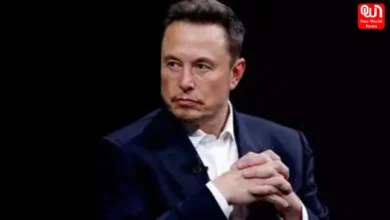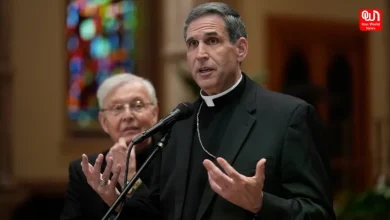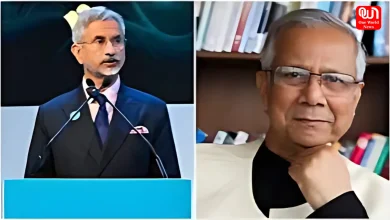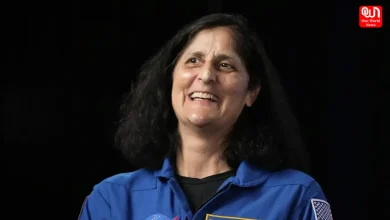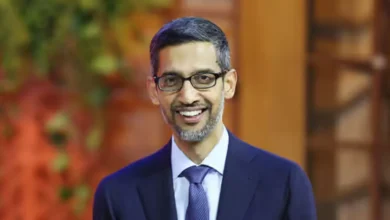Arun Jaitley Death Anniversary: Remembering the late FM

5 most successful finance minister of modern India
The country lost a very mature finance minister and politician on 24th August last year. The former finance minister of India is credited for the introduction of the Goods and Services Tax (GST). Under his tenure, finance ministry took many important decisions such as demonetization, the merger of Railway budget with general budget and introduction of Insolvency and Bankruptcy Code. He was one of the rare politicians who had good relations even with the opposition leaders. Jaitley often helped BJP in bringing together the opposition to form the coalition government when needed. While we pay homage to one of the finest finance ministers we ever had, let’s look at 5 most successful Finance Ministers of modern India.
1. Manmohan Singh

Manmohan Singh is undoubtedly the best finance minister of the modern world as he opened doors for foreign investments through LPG policy. He became the finance minister in 1991 under the PM Narasimha Rao government.
The economic liberalisation package announced by Manmohan Singh and PM Rao opened the nation to FDI and reduced the red tape that had previously slowed business growth. The finance minister who later became Prime Minister for two consecutive terms reduced the peak import duty to 50 per cent from 300.
Read more: Celebrating Legacy of Rajiv Gandhi, a man who revolutionized India
2. Yashwant Sinha

Yashwant Sinha became the Finance Minister following subsequent political developments and presented the interim budget for 1991-1992.
Yashwant Sinha got the Finance portfolio after the General Elections in March 1998 in the first-ever BJP-led Government under the leadership of Atal Bihari Vajpayee. Sinha presented the final and interim budgets for 1998-99. He became the Minister of Finance again after the 13th General Elections in 1999 when BJP came into power. Yashwant Sinha is credited to rationalize the excise and reduced the slab to 1 from 11.
3. P Chidambaram
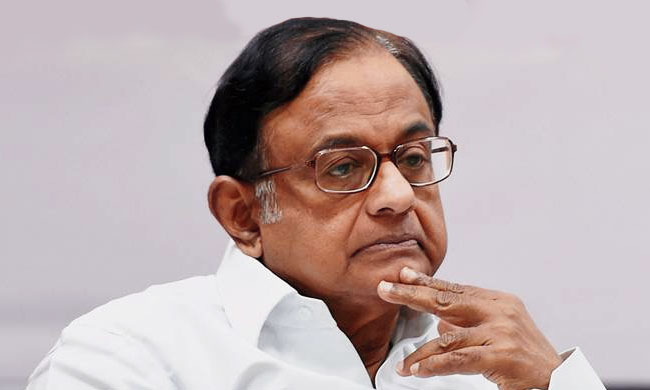
Another senior leader of Congress P Chidambaram was given the key portfolio of Finance in the Union Cabinet. The final budget for 1996-97 was presented by P Chidambaram. Although his first term was a short-lived one but it showed Chidambaram’s competence at handling finance of the country. This helped him become a full-time finance minister under the tenure of PM Manmohan Singh in 2004. He remained finance minister till 2014 except for a three and a half year when he was given Home Ministry
4. Pranab Mukherjee

Pranab Mukherjee, the former President held finance portfolios between January 1982 and December 1984 during Indira Gandhi’s tenure as PM and again between January 2009 and June 2012 during Manmohan Singh’s tenure as PM. One of the biggest highlights of Pranab Mukherjee’s term as FM was the retrospective tax. Pranab Mukherjee while announcing Budget 2012-13 proposed to amend the Income-Tax Act, 1961 as a retrospective effect to tax- Vodafone-type acquisition and merger deals done in foreign lands that involve domestic assets.
5. Jaswant Singh

Jaswant Singh served as Minister of Finance in Union Cabinet in the short-lived government of Atal Bihari Vajpayee between May 16, 1996, to June 1, 1996. Singh became the finance minister again in July 2002 switching post to Yashwant Sinha. He served as Finance Minister of the country until the defeat of the NDA in May 2004 and was instrumental in pushing through and defining the market-friendly reforms of the government.
Have a news story, an interesting write-up or simply a suggestion? Write to us at info@oneworldnews.com

